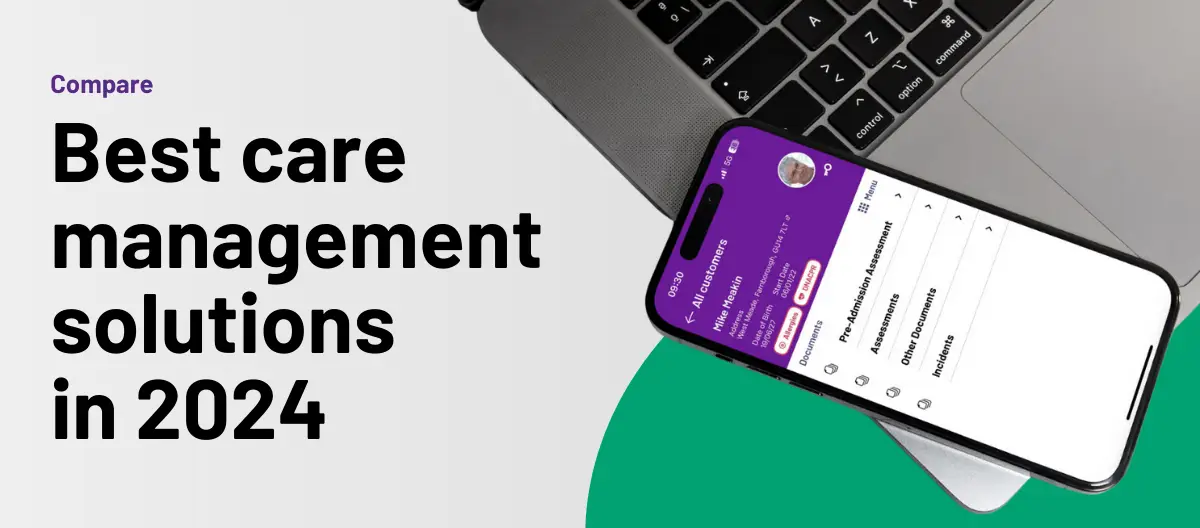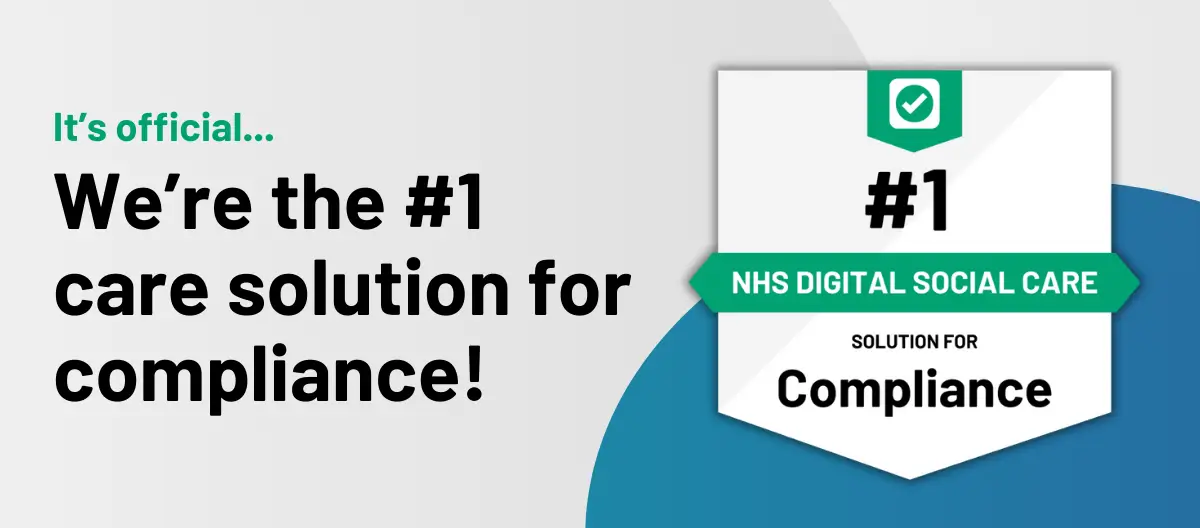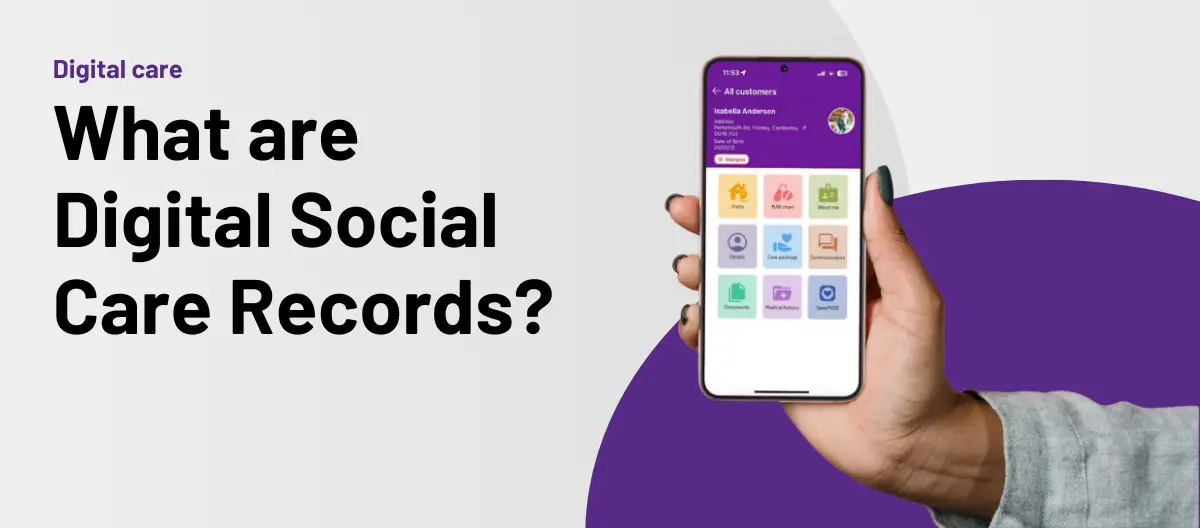The need to improve the lives of elderly people and those living with dementia is becoming more prevalent, given the context of the UK’s ageing population. Dementia is now the UK’s leading killer with the number of people with the condition set to rise from 850,000 today to more than a million by 2025, according to the Alzheimer’s Society.
Music, which has been proven to provide significant health and wellbeing benefits to people living with dementia and the elderly, is an increasingly key therapy being adopted in a care setting. The key role music can play in helping to reduce medicalisation in people in care has recently received the seal of approval of Secretary of State for Health and Social Care, Matt Hancock.
Technology can play a key role in helping share music with people in care. Recently, during a major care conference in London I was intrigued to watch a video showing an elderly man enjoying his favourite song being played to him by a robot during a trial at a north London care home. Other artificial intelligence such as Amazon’s Alexa has also been recommended by the government to help stimulate reminiscence and calm anxiety in people living with dementia.
iPod technology is also being used by care operators and suppliers to create favourite track listings to help stimulate memories and communication. Touch screen tablets and social media are further means of helping people experience the pleasures of music.
Music can reduce feelings of isolation by providing a voice to people otherwise unable to communicate. Group music activities help improve engagement and mood amongst the elderly and those with learning difficulties.
Music is also an integral part of intergenerational care which is increasingly being used as a means of therapy for the elderly while additionally helping the learning and emotional development of young children. As well as lifting the mood and reducing anxiety amongst those living with dementia, research has also proved that music can help reduce falls.
Leading arts therapy provider Chroma is a proponent of how Neurologic Music Therapy (NMT) can help avoid falls amongst the elderly population. NMT entails the therapeutic application of music to cognitive, affective, sensory, language and motor dysfunctions due to disease or injury to the human nervous system.
Rhythmic Auditory Stimulation (RAS) is an important aspect of NMT. Within RAS programmes, strong and predictable rhythmic patterns are used to guide the sensori-motor movements required for walking. Predictable rhythmic structure allows the sensori-motor system to move in sync with the beat. Stroke patients have reported improved stride length and symmetry with RAS.
With Government, the regulator and care bodies singing its benefits, music is set to be a central component of caring for the vulnerable and elderly going forward, and technology will be a key means of sharing its healing power amongst the care community.
By Andrew Mason




